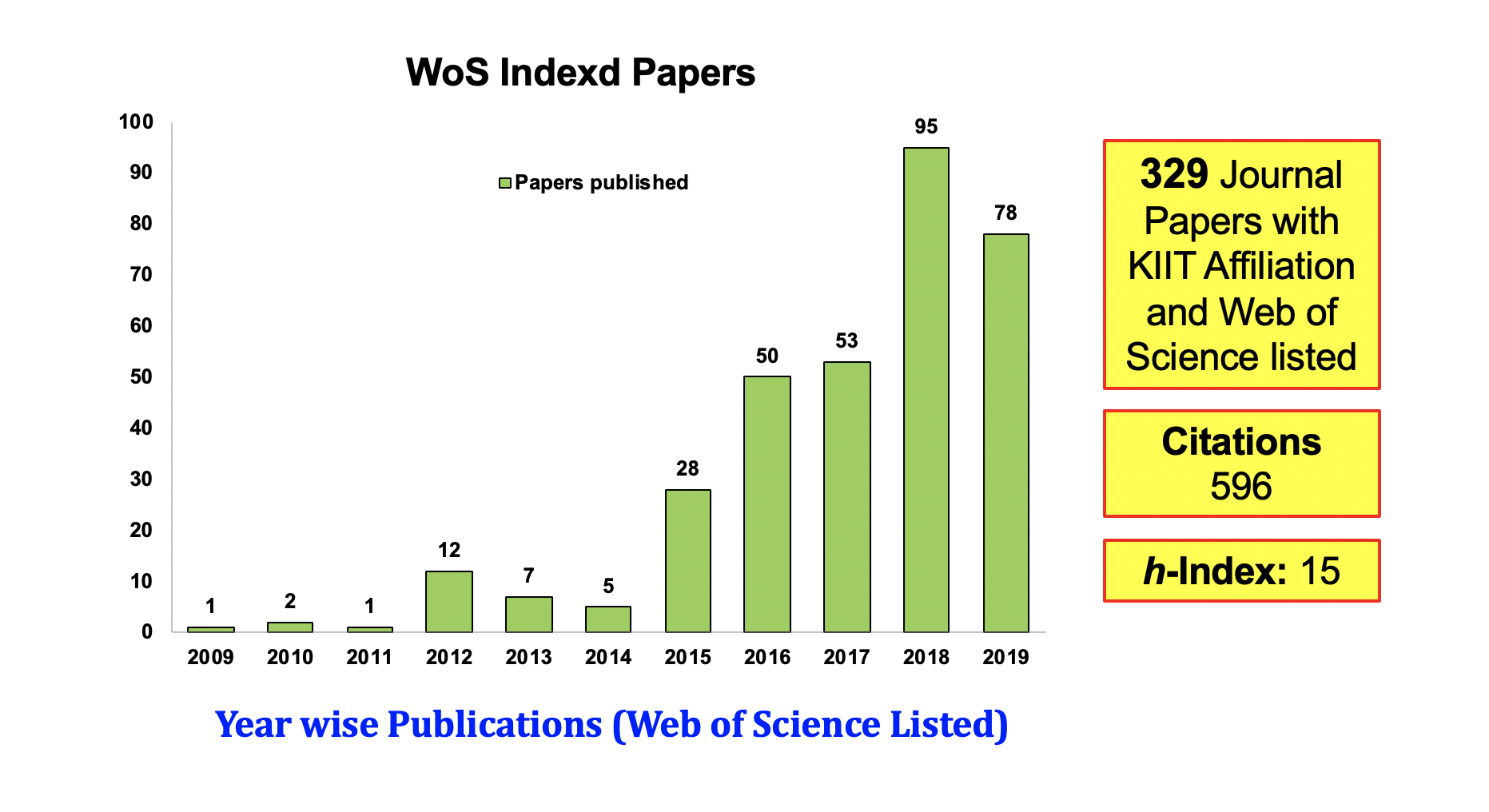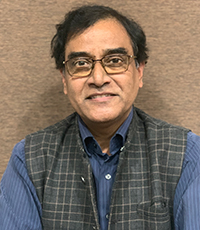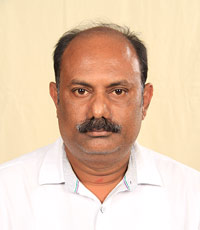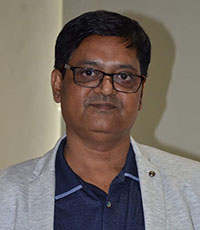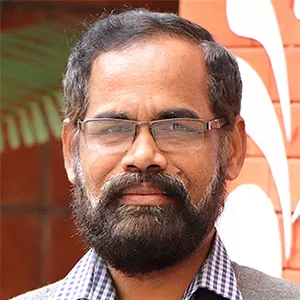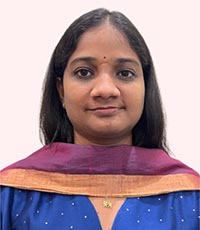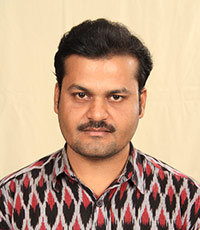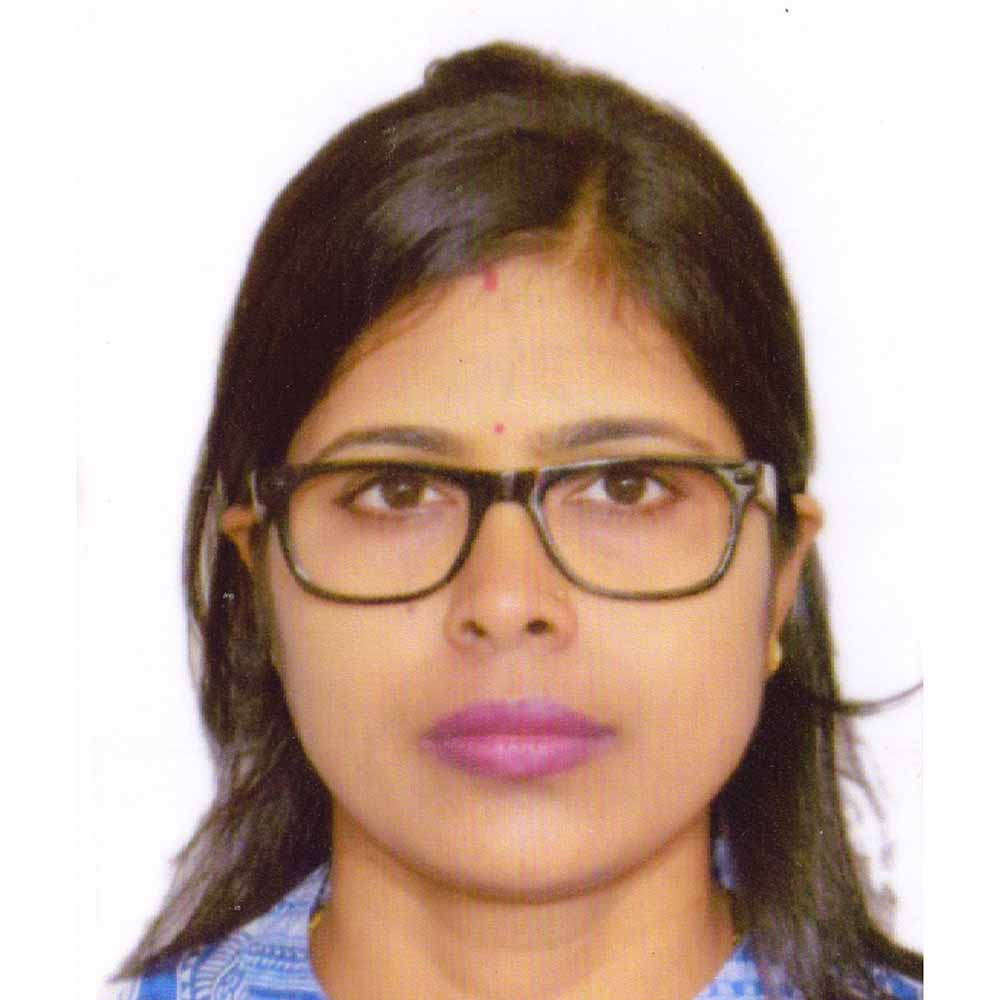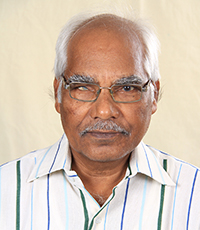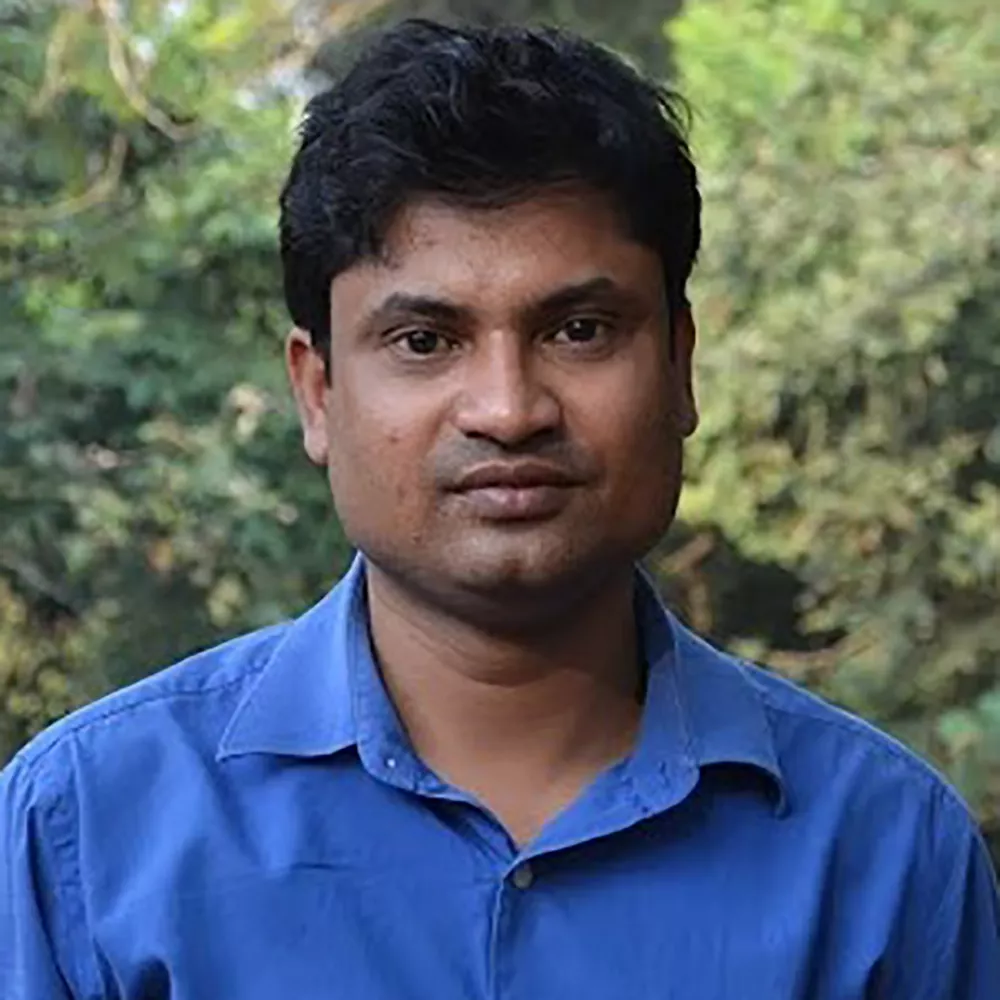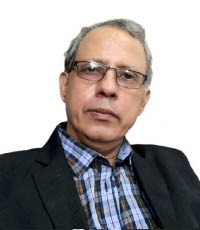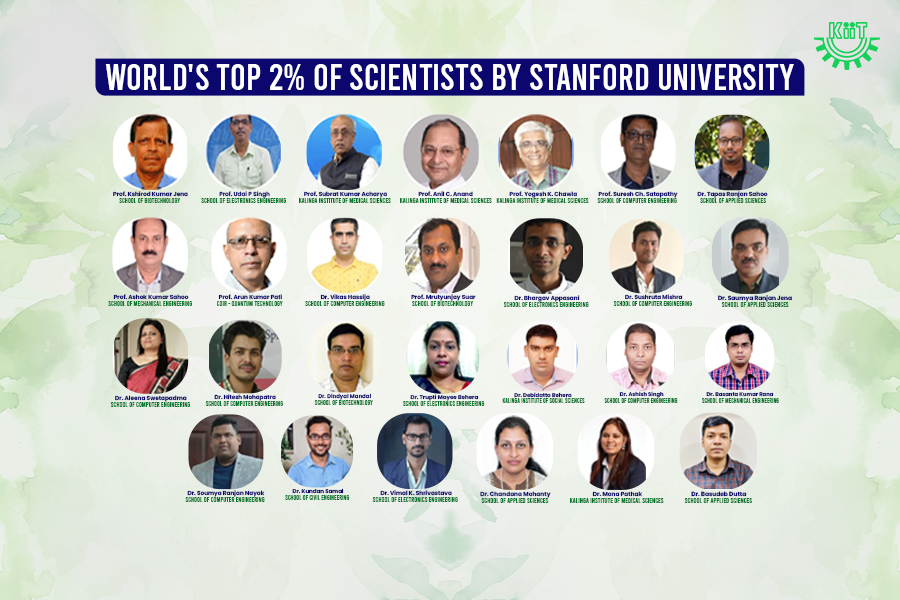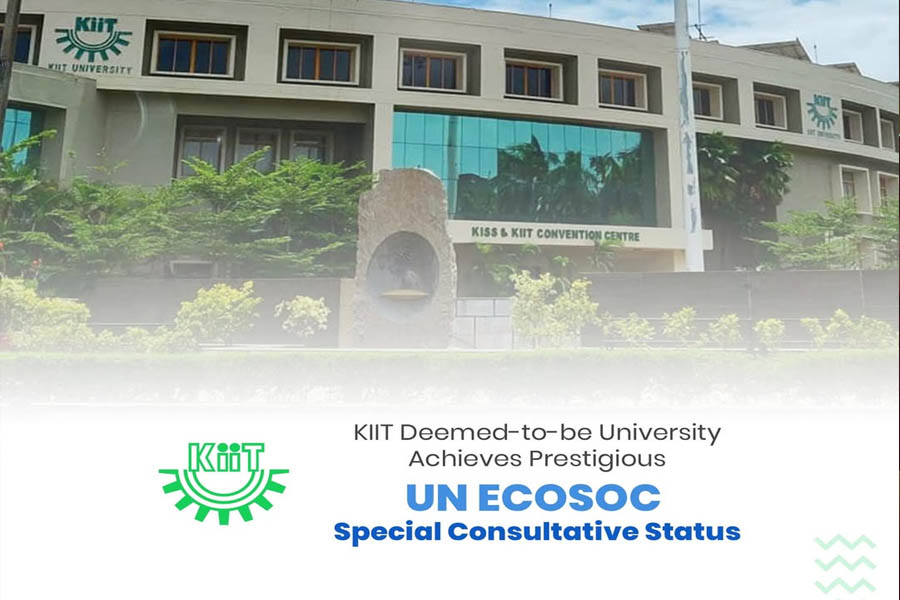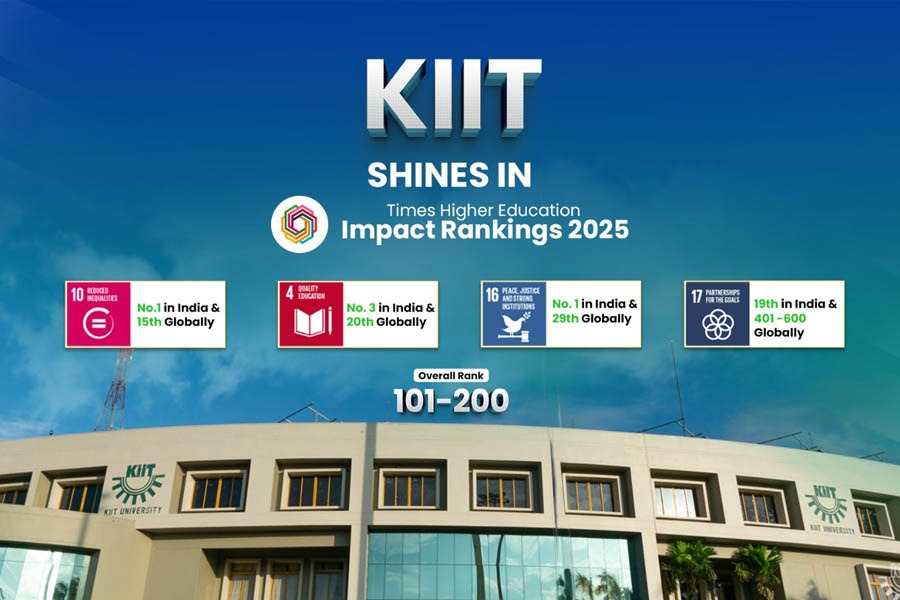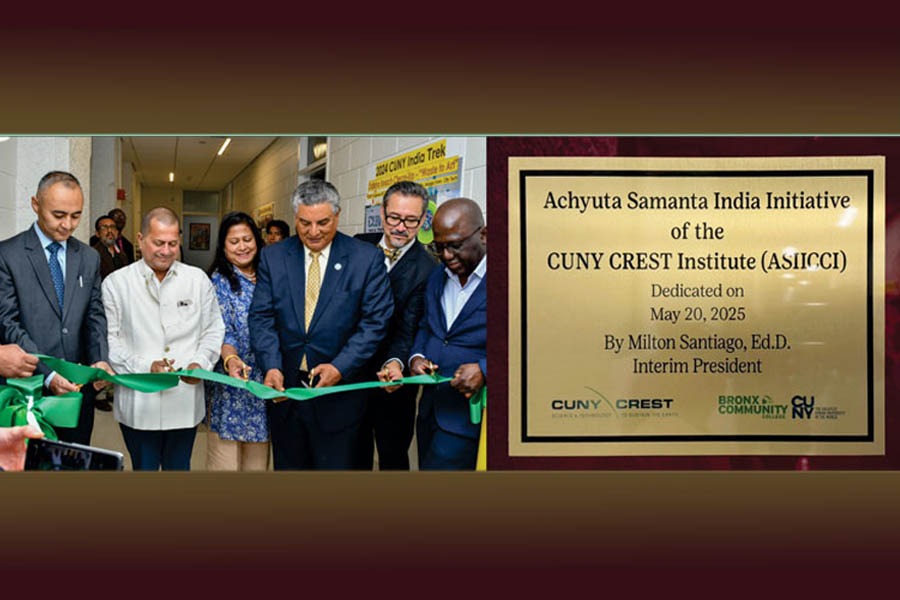Research in Numbers
125
Crores in Funded Projects
13,636+
Publications (Scopus/WoS)
1000+
Patents Filed
175+
Centres of Excellence
100+
Global Collaborations
Admission Notification
Ph.D. Programme
SPRING 2025 SESSION
The candidates must appear KIlTEE entrance test. Shortlisted candidate will be called for personal interview for final selection. Candidates qualified in UGC-NET / UGC-CSIR NET / GATE (2025) will be considered for Ph.D. admission through a personal interview, as per UGC Ph.D. Regulations 2022.
1. For UGC-NET/UGC-CSIR NET/ GATE (2025) Qualified Candidates, Apply through https://forms.gle/8Nuxr21dEJMSFQRSA
2. For Others, Apply through https://kiitee.kiit.ac.in/
Preference shall be given following multidisciplinary areas of research Under Centres of Innovation & Research (COIR)
- Artificial Intelligence (School of Computer Engineering)
- Quantum Technology (School of Applied Sciences)
- Next Generation Materials & Technology (School of Applied Sciences)
- Water Resource & Climate Change (School of Civil Engineering)
- Remote Sensing & Disaster Management (School of Civil Engineering)
- Applied Behavioral Sciences (School of Management)
- EV Technology (School of Electrical Engineering)
- Defense & Strategic studies (School of Law)
- Medical Technology (School of Electronics Engineering)
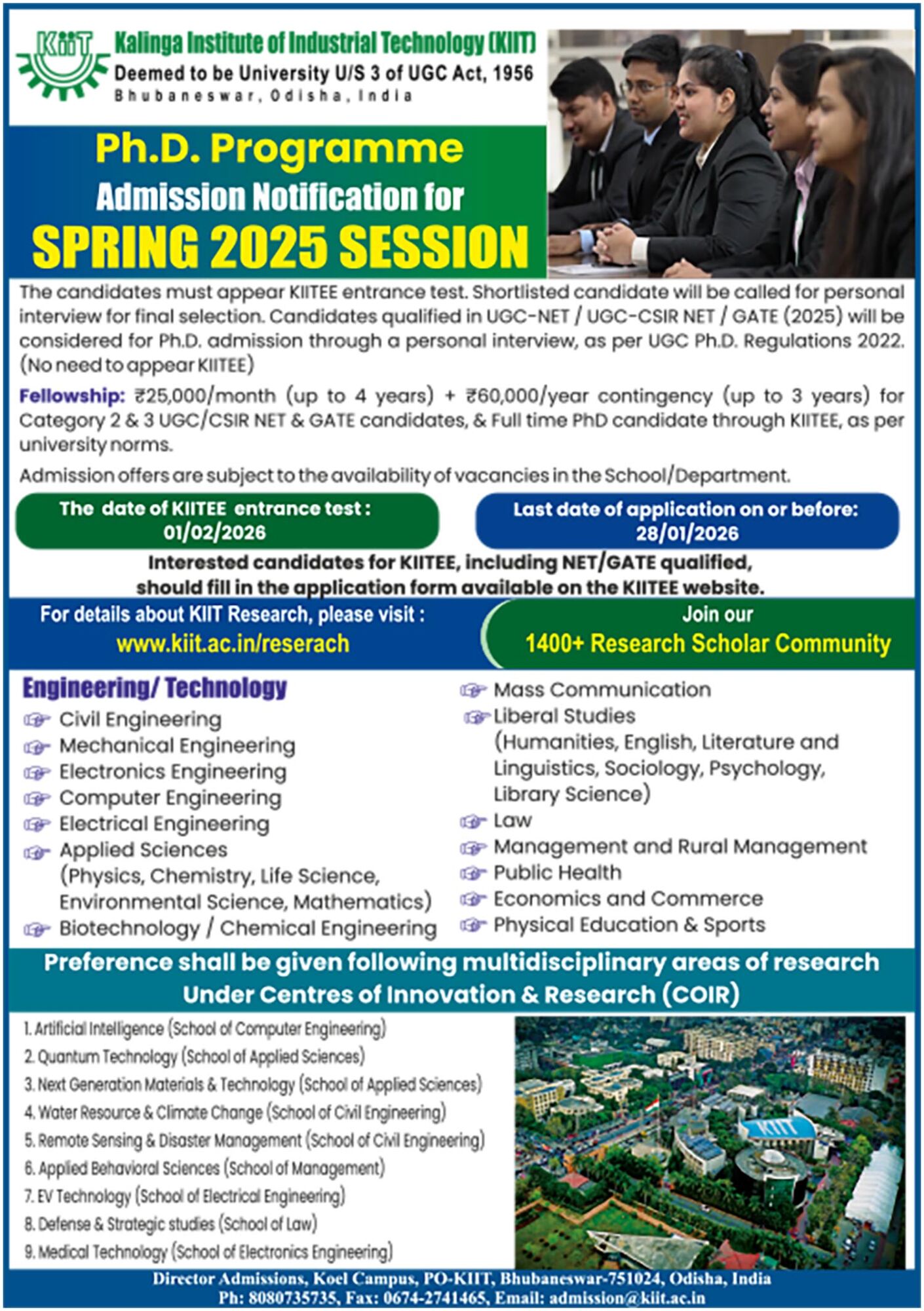
KIIT Research Overview
Institutional Research Identity
KIIT ranks among India’s top universities for research and innovation. We are recognised by UGC as a Category‑I deemed‑to‑be university. Our research output contributes to QS, NIRF and Times Higher Education rankings, reflecting excellence in publication quality, citations, patents and international collaborations.
The University’s commitment to inclusivity and social upliftment through research is unique, especially through our partnership with KISS. KIIT researchers work on projects that impact tribal welfare, rural development and healthcare, showcasing an ethical, inclusive approach to knowledge creation.
Vision & Mission
KIIT’s vision is to be a globally recognised research university that advances knowledge and serves society. Our mission is to conduct high‑quality, interdisciplinary research and translate discoveries into innovations that improve lives, address societal challenges and contribute to sustainable development.
- Encourage curiosity‑driven and problem‑oriented research across all disciplines.
- Create a supportive environment for faculty, students and partners to innovate and collaborate.
- Align research with national priorities and global agendas including the UN Sustainable Development Goals.
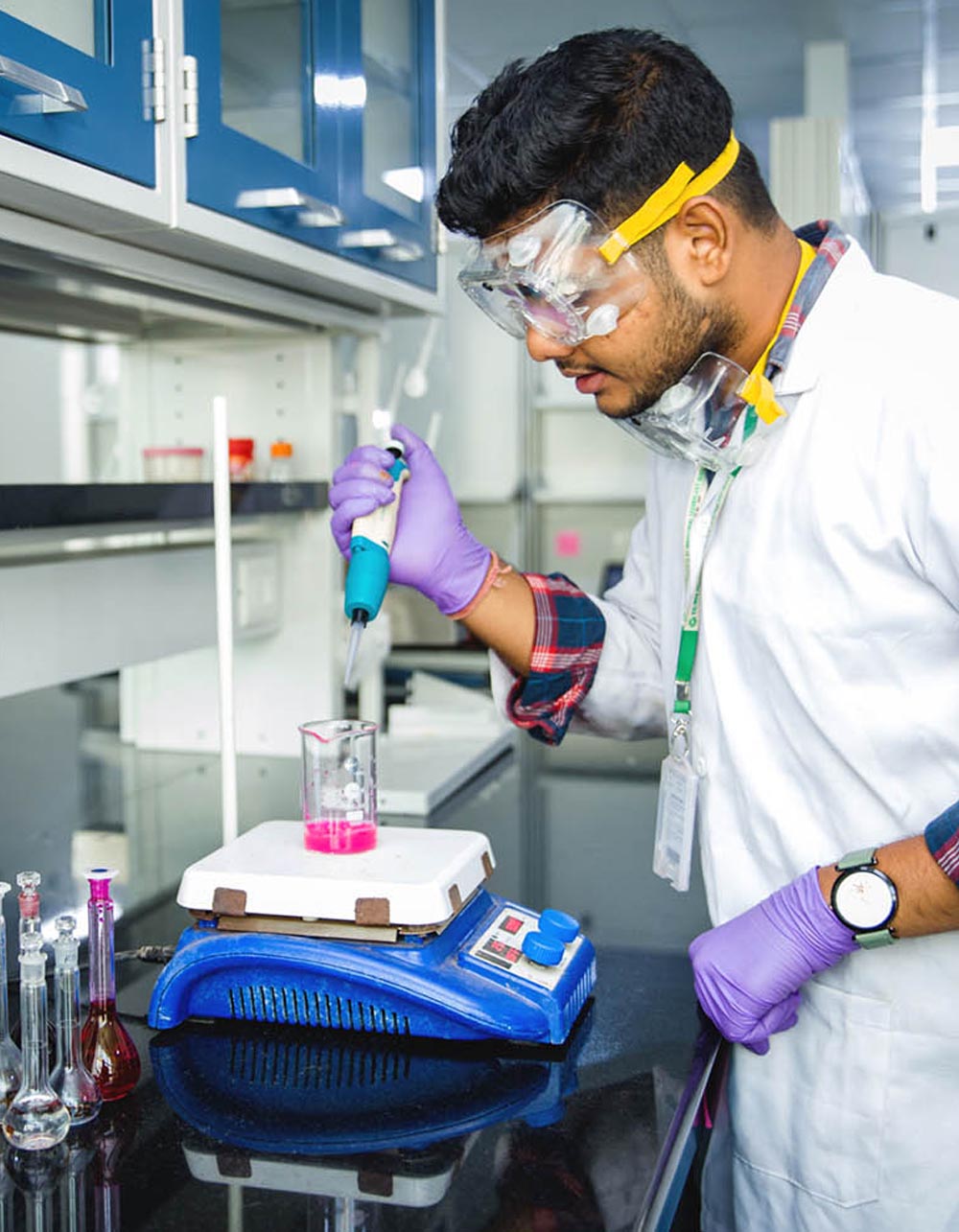
Message from the Vice‑Chancellor
“At KIIT, research is a way of life. We strive to build an environment where students and faculty pursue knowledge without boundaries, collaborate across disciplines and translate ideas into innovations. Our research agenda is driven by curiosity, informed by societal needs and aligned with our vision of sustainable development. We invite you to join us on this journey of discovery.”
Research Ecosystem
Our ecosystem consists of governance structures, infrastructure and policies that enable quality research. Following UGC guidelines the Research & Development Cell (RDC) coordinates with Schools and Centres to ensure strategic alignment, ethical standards and effective resource utilisation.
Research Programmes & Opportunities
KIIT offers comprehensive research programmes and opportunities for scholars at all levels – from undergraduate researchers to seasoned academics.
Achievements & Metrics
Our impact is reflected in consistent growth of publications, patents and grants. Interactive charts below present year‑wise achievements (replace placeholders with real charts or plugin widgets).
Publications Growth Scopus / Web of Science
Patents Filed & Granted
Funded Projects by Agency
Grants & Consultancy Revenue
Major Research Facilities & Laboratories
Each school hosts state‑of‑the‑art laboratories, pilot plants and field stations. Click a school to view its key research units.
Publications & Open Access
KIIT Deemed to be University has established a strong culture of research dissemination through high-quality publications across globally indexed journals such as Scopus, Web of Science, and PubMed. Faculty, scholars, and students consistently contribute to peer-reviewed articles, conference proceedings, and book chapters that advance knowledge across engineering, medical sciences, social innovation, and humanities.
In alignment with international best practices, KIIT actively promotes Open Access publishing, ensuring that research outcomes are freely accessible to the global community. This open dissemination of knowledge supports transparency, reproducibility, and innovation, fostering collaborations that transcend disciplinary and geographic boundaries.
The University maintains institutional repositories and encourages faculty to deposit their accepted manuscripts and datasets for long-term preservation. Through these efforts, KIIT strengthens its commitment to the principles of Education for All, contributing to the global body of knowledge and ensuring that its research serves society at large.
Collaborations & Memoranda of Understanding (MoUs)
KIIT collaborates with leading universities, research institutes, corporations and NGOs around the world.
Ethical Guidelines & Approvals
KIIT upholds strict ethical standards to safeguard participants, data and societal trust in research. Our Institutional Ethics Committee (IEC) oversees all protocols.
- Researchers must submit proposals for ethical clearance before commencing studies involving human participants or animals.
- Standard Operating Procedures (SOPs) cover informed consent, privacy, confidentiality and community consultation.
- Regular workshops and training sessions are conducted on research ethics, data integrity and responsible authorship
Recent Highlights & Awards
25 KIIT faculty members ranked among the Top 2% of scientists worldwide, based on Elsevier/Stanford metrics.
KISS and KIIT featured in the UN ECOSOC High‑Level Segment for pioneering inclusive education and research
KIIT-DU Ranked 4th In India For Interdisciplinary Research In THE 2025.
City University of New York to Establish Achyuta Samanta Research Institute
Contact & Governance
For enquiries about research collaborations, facility access, fellowships or IP management, please reach out to us. Our central Research & Development Cell will connect you with the appropriate department or school.
- Director, Research & Development : Dr. Gopal Chandra Kundu, Email: [email protected]
- IP Cell Coordinator : Prof. P. C. Mishra , Email: [email protected]
- Central Research Facility : Prof. Rojalin Sahu , Email: [email protected]
- Overall Coordinator : Dr. Amlana Panda, [email protected]
- School Research Heads : School-wise contact details available at /research/contacts.

